There’s no better way to enjoy the crisp fall weather than with a new book by an NER author! Part one of our fall roundup includes two agile persona poetry collections, two aching memoir-in-essay collections, a collaborative work of piercing hybrid prose, and much more. Browse and shop these and other titles by NER authors on our Bookshop.org page.
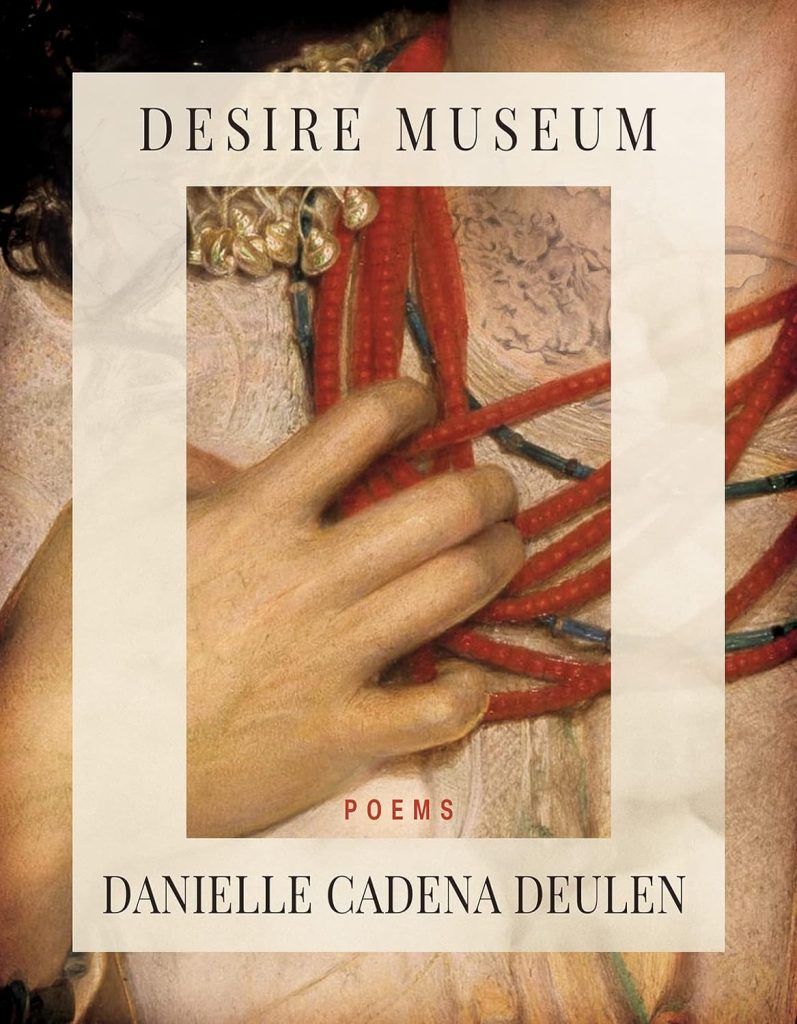
Danielle Cadena Deulen‘s latest collection of poetry, Desire Museum, is now available courtesy of BOA Editions. Comprised of four intimate sections, Cadena Deulen‘s poems are yearning incarnate, traversing eros and lack with a nuanced, feminist lens. NER author Carmen Giménez described the work as “delicious” and praised its winding mythologies and allusions. Two of Cadena Deulen’s poems appeared in NER 44.1 and were discussed by the author in a Behind the Byline interview.
On October 24, Propeller Books released Marrying Friends, Mary Rechner’s daring novel-in-stories. Centering a group of wayward friends and relatives as they reckon with love and betrayal, Rechner’s prose “brilliantly weave[s] a kaleidoscope of disparate voices . . . that bursts with life—in all its beauty, mystery, and tragedy.” Two stories from Marrying Friends, “The Loop Trail” and “Denouement,” were first published in New England Review issues 31.3 and 36.3, respectively.
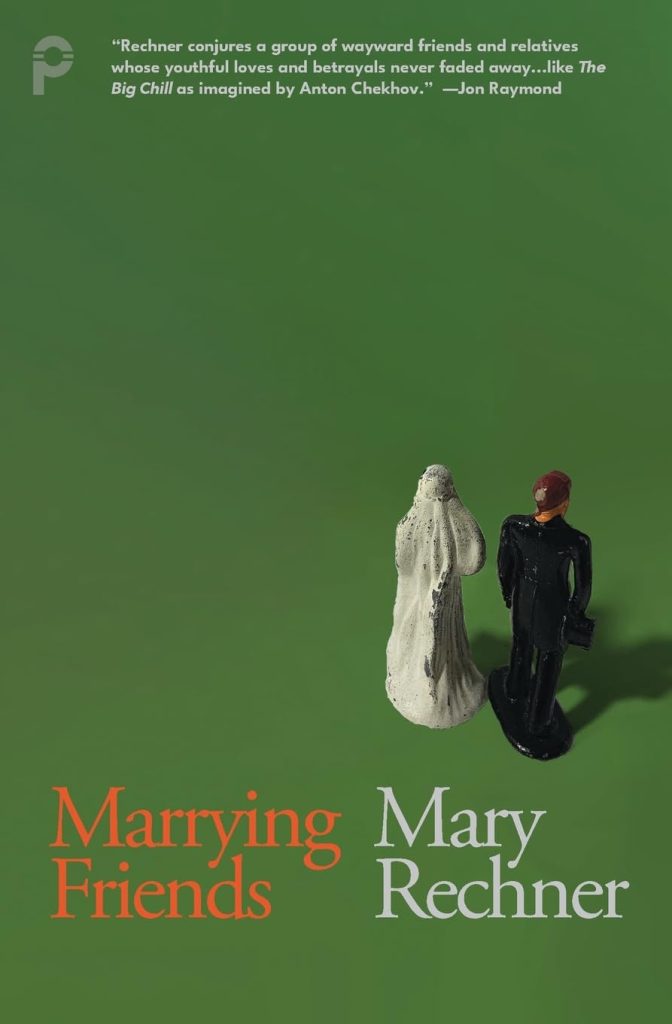
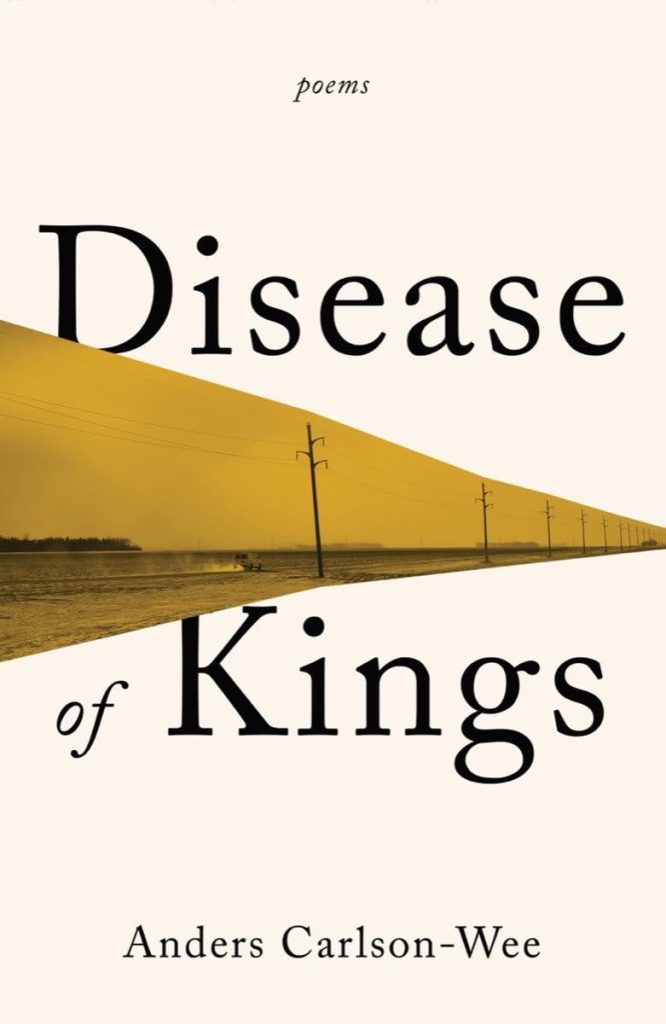
New from W. W. Norton comes Anders Carlson-Wee’s second poetry collection, Disease of Kings. Described by award-winning poet Adrian Matejka as “sophisticated” and “innovative,” this collection wields persona and common vernacular to capture the often-overlooked realities of folks living at the margins in the contemporary Midwest. Carlson-Wee’s poem “Shoalwater” first appeared in New England Review volume 36.1.
Recent NER contributor Sophie Klahr and her longtime collaborator Corey Zeller just published There Is Only One Ghost in the World, a dazzling work of hybrid prose (University of Alabama Press). Through surprising portraits and multilayered fragments, Klahr and Zeller contextualize the trappings of loneliness and complicated family ties against the absurdities of modern American life. Klahr’s poem “Tree of Life” appeared in NER 43.3.
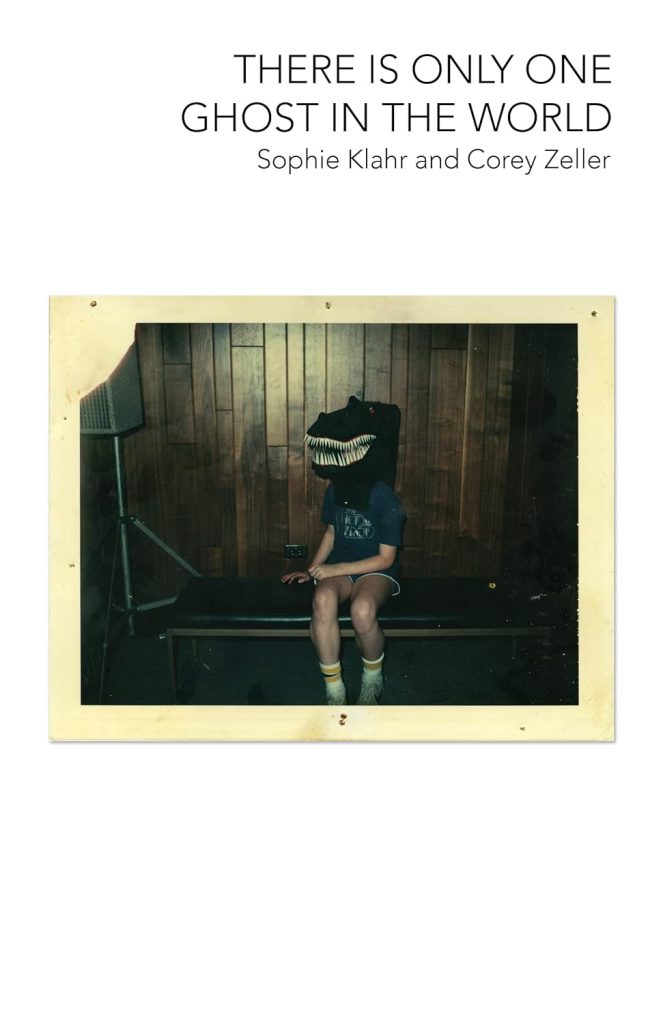
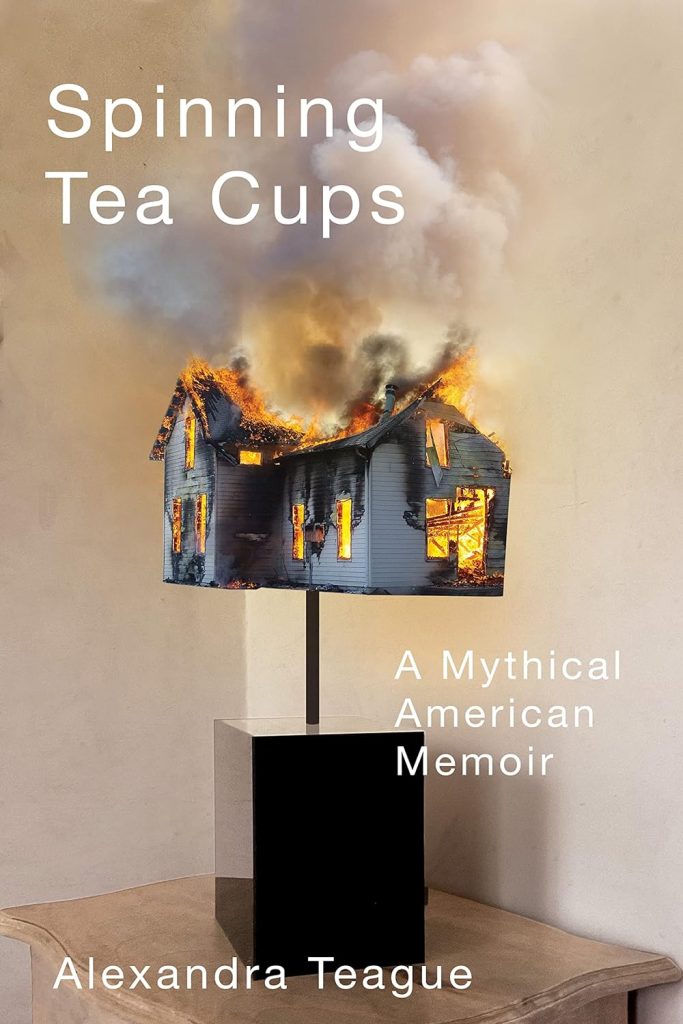
OSU Press published Alexandra Teague’s sprawling “mythical memoir” Spinning Tea Cups in mid-October. Through essays as ambitious as they are heartfelt, Teague leads us across the American landscape, offering cheeky yet affecting stories of youth, family, dysfunction, and perseverance. Teague’s work has most recently appeared in New England Review issue 29.2 and in our NER Digital supplement (”Stone Disease” and “Safe”).
Emma Aylor‘s Close Red Water, winner of the 2022 Barrow Street Poetry Book Prize, is hot off the press. Described by prize judge Tina Chang as “intense and haunting,” and “rare and breathtaking” by author Pimone Triplett, this debut collection centers landscapes real and imagined in the author’s home state of Virginia. Aylor’s poems “Untitled Figure 1,” “Slip,” and “Landscape with Guide” appeared in NER 42.4.
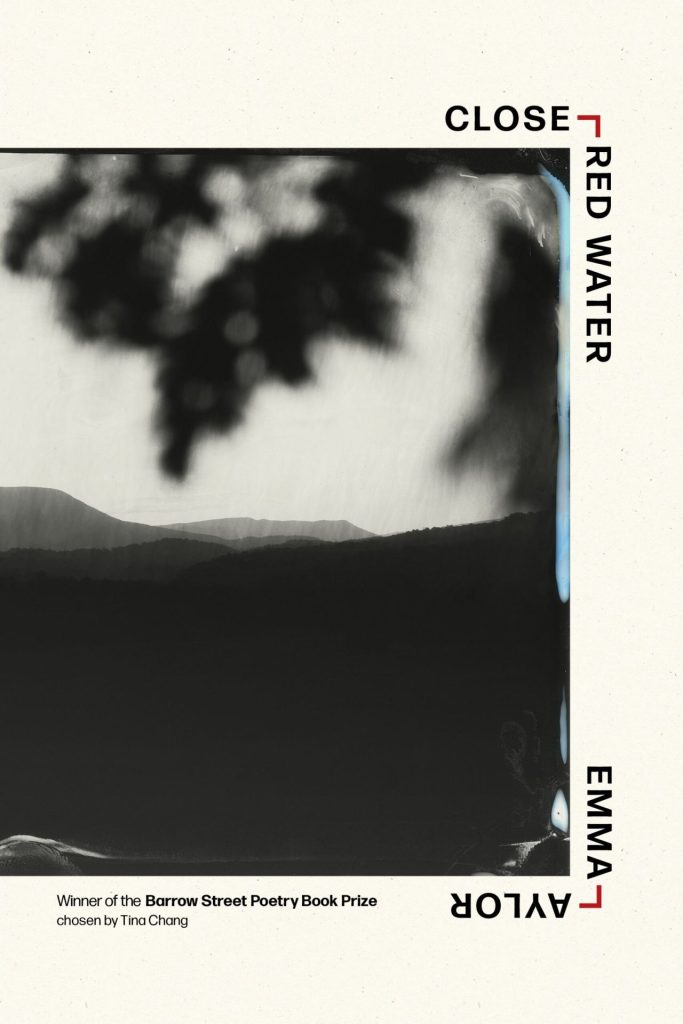
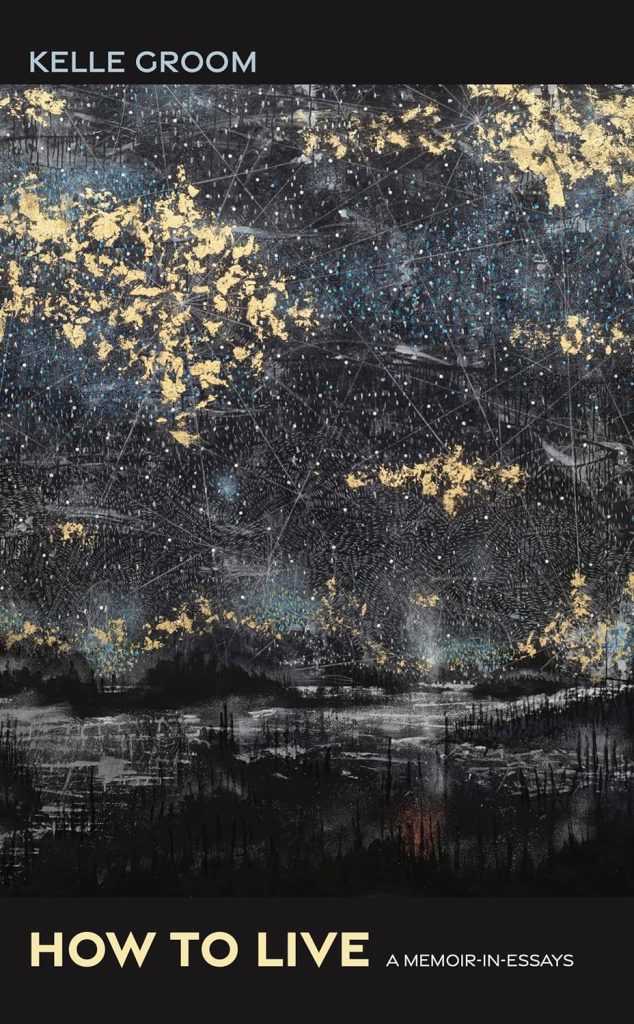
On October 1, Tupelo Press published Kelle Groom’s searching memoir-in-essays How to Live. Expansive, fervent, and inquisitive, Groom‘s spirited prose holds the many contradictions of a life truly lived, pursuing the darkest corners of the self with accuracy and elegance. In a glowing blurb, celebrated author Eileen Myles praised Groom’s ability to render a “relentless and avid consciousness.” Groom’s essay “Tideland” appeared in issue 44.1.
L. S. McKee‘s debut poetry collection Creature, Wing, Heart, Machine—selected by Tiana Clark as the winner of the 2022 Zone 3 First Book Award in Poetry—is now on shelves. Creature, Wing, Heart, Machine, a work of persona in the voice of Alva, probes humanity and interconnectedness in a time of increasing technologization. Contest Judge and NER author Tiana Clark described the debut as “stunning . . . brimming with various desires.” McKee’s essay “Wave” appeared in our NER Digital supplement.

Find more books by NER authors on our Bookshop.org page.


